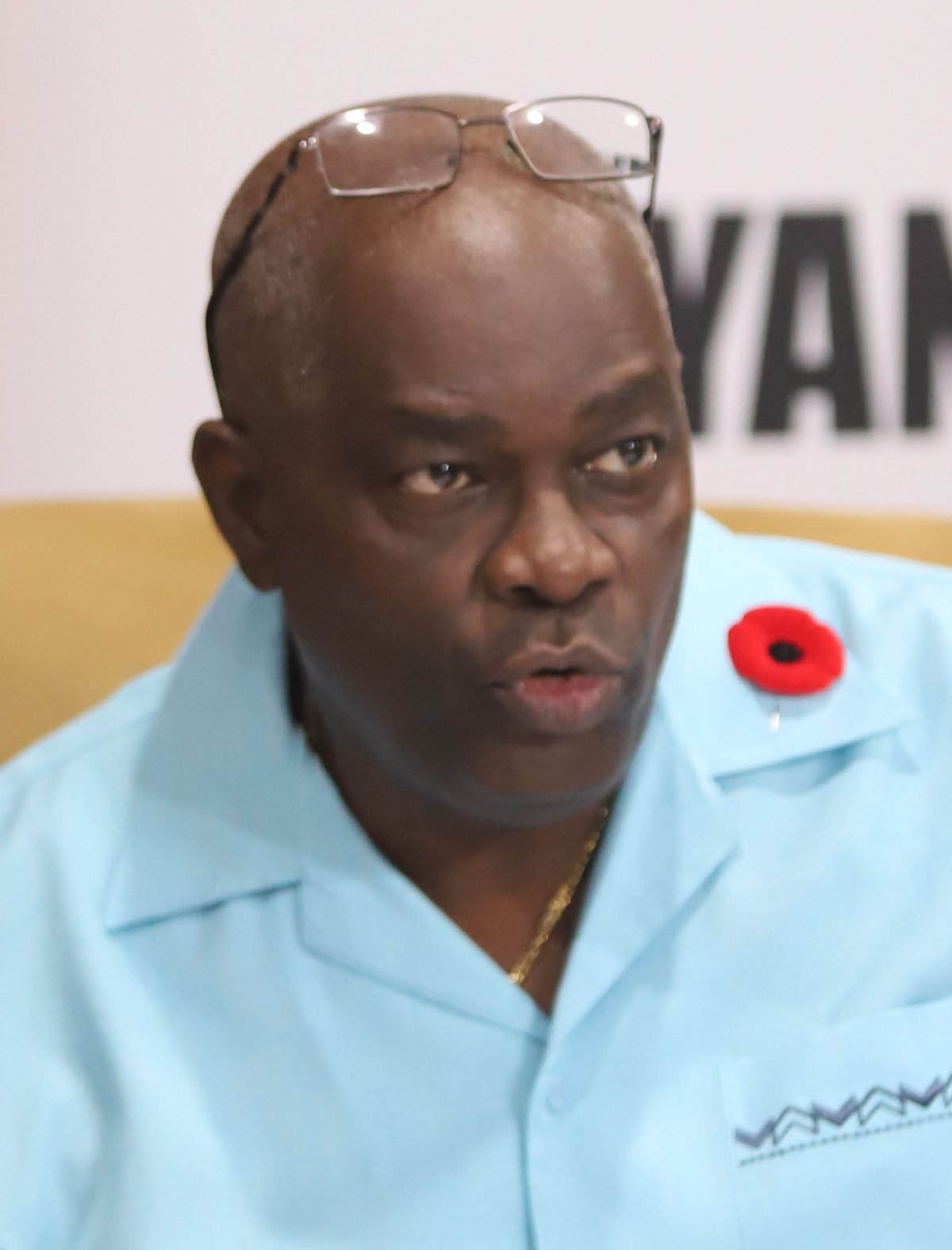On Monday August 9th, Justice Jo-Ann Barlow will rule on whether Chief Election Officer (CEO) Keith Lowenfield will be granted injunctive relief prohibiting the Guyana Elections Commission (GECOM) from hearing a notice of motion for his dismissal.
At the same time, she will also deliver her ruling on Lowenfield’s substantive Fixed Date Application (FDA) through which he moved to the High Court in a bid to bar government-nominated members of GECOM Sase Gunraj and Bibi Shadick from voting on the motion seeking to dismiss him.
When the case was called yesterday morning, attorney Nigel Hughes who represents Lowenfield, told the court that his client’s contention is not whether the Commission can terminate, as it has the power to so do.
He said that instead, the issue is the Commission’s intention of summarily dismissing his client in breach of his contract and in a manner that does not lend itself to a fair hearing; given that Gunraj and Shadick were set to vote on the very motion seeking to dismiss Lowenfield, when it was they who in the first place had filed complaints against him.
Lowenfield advanced that the duo would be biased and that he would be denied the right to a fair hearing.
The Commission’s attorney Kim Kyte-Thomas who, however, sought to allay what she said were the fears of the CEO, told the court that the Commission was no longer proceeding with summary dismissal.
In fact, she said that through an amended motion, the Commission was pursuing termination with notice.
Justice Barlow told Kyte-Thomas that while she spoke of the amended motion, nowhere did she affix it as an exhibit to submissions she had laid before the court.
The attorneys on both sides were granted permission to file whatever supplementary and other necessary responses they need to, ahead of next Monday’s ruling.
The judge has asked Hughes in particular to address in his submissions whether injunctive reliefs are usually granted in matters of a contractual nature and also whether his client’s application may be premature, given that there has been no dismissal. In short on the latter issue, Hughes has already indicated his position that relief can be sought and that the Court can intervene on grounds of “anticipatory breach” of the contract.
He said that based on certain statements the Commission had made, the Court can be approached to prevent a breach which is likely to occur.
On July 27th, motions for the dismissal of Lowenfield, Deputy Chief Election Officer (DCEO) Roxanne Myers and District Four Returning Officer Clairmont Mingo were amended to allow for the termination of their contracts.
The motions, first tabled on June 1st were amended to allow for termination of contracts in lieu of dismissal.
“Based on the terms of the contracts which we were able to see last week we have orally moved amendments to offer termination as an alternative to dismissal. So the Commission can terminate the contract and pay in lieu of notice,” Shadick had told Stabroek News following the amendment.
Opposition-nominated Commissioner Vincent Alexander had, however, contended that the amendments were a means of avoiding fair-hearing issues he had raised.
“They are backing off…they probably can’t confront my issues about a fair hearing and all that so they are attempting to go into the normal termination arrangement,” he had told this newspaper.
In his FDA, the CEO notes that his contract of employment provides for two bases for termination of services–either via a three-month notice or without notice for “gross misconduct” providing that the CEO is given written notice setting out clearly the reason for termination and giving the CEO an opportunity to respond.
Following the filing, Shadick had told Stabroek News that in the absence of an injunction, the Commission could still debate and vote on the motion. She however acknowledged that GECOM Chair, Justice (ret’d) Claudette Singh had previously set a precedent of not discussing matters which are sub judice.
Lowenfield had moved to the High Court in a bid to prevent Gunraj and Shadick from voting on the motion seeking to dismiss him.






